Introducing Sean Ro, the dynamic force behind Lunar Hard Seltzer, where he serves as co-founder and CEO. Since its inception in late 2020, Lunar has emerged as a beacon of diversity in the beverage industry, infusing the market with real Asian fruit flavors and challenging industry norms. Sean’s journey into entrepreneurship was shaped by his upbringing as a child of Korean-American immigrants, instilling in him a deep appreciation for hard work and resilience. From brewing experiments in cramped New York City apartments to collaborations with renowned establishments like Raku and Win Son, Sean’s entrepreneurial spirit has propelled Lunar to new heights. As part of our AAPI History Month series with Nasdaq, Sean shares his insights and experiences in this exclusive Faces of Entrepreneurship interview, highlighting the importance of representation and cultural diversity in business. Despite facing challenges like shelf stability issues and supply chain delays, Sean’s unwavering commitment to authenticity and community has cemented Lunar’s place as a trailblazer in the industry.
Join us in celebrating Sean’s innovative vision and entrepreneurial drive as we raise a glass to Lunar’s continued success. And don’t miss out on our upcoming session on May 23rd: Trailblazers in Entrepreneurship: AAPI Leaders Share Their Stories – Reflect on your journey of entrepreneurial success with Christine Chang, Sarah Lee, and Charina Lumley in celebration of AAPI Heritage Month.
What does “entrepreneurship” mean to you?
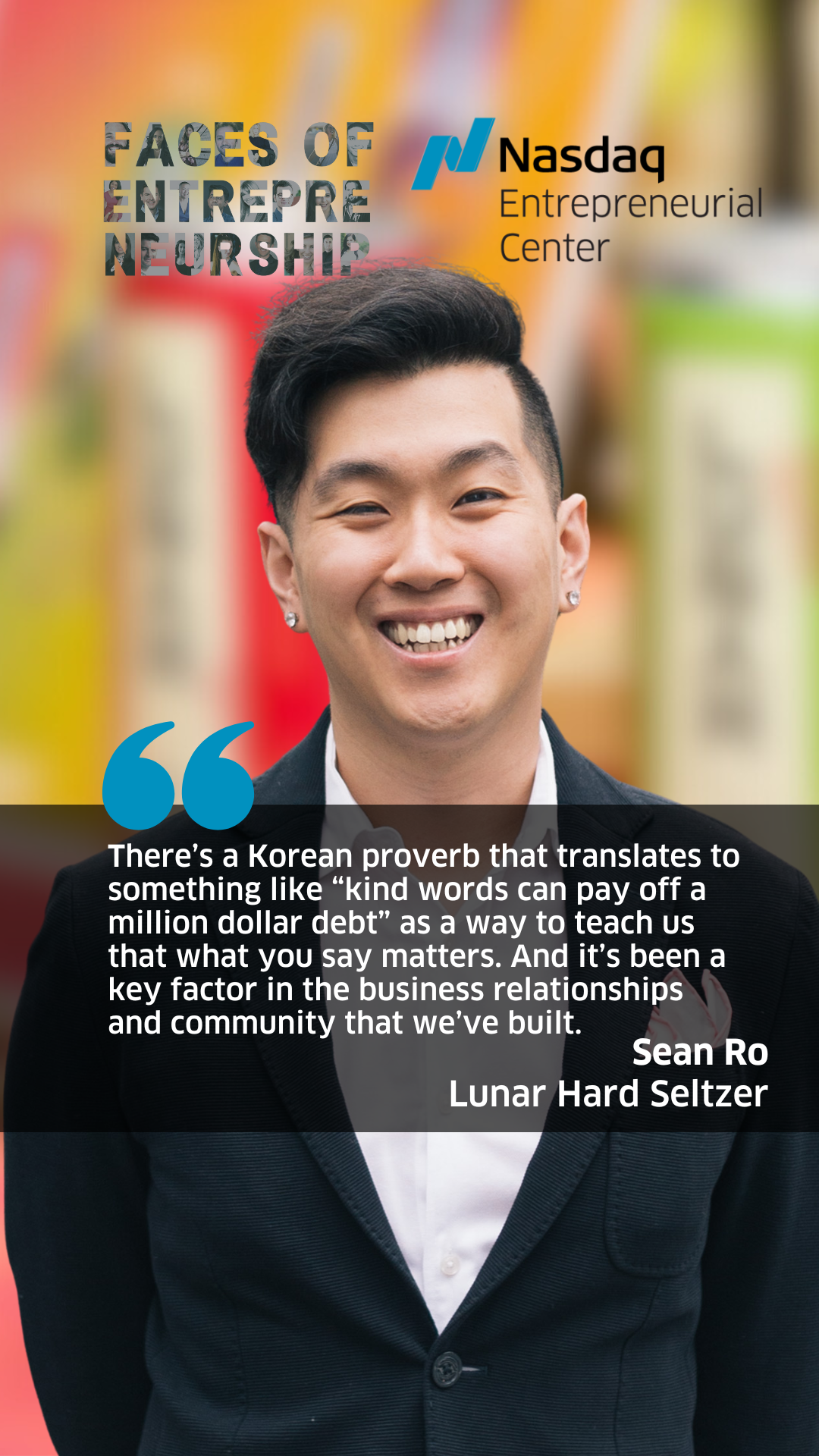 Sean Ro: I always thought that entrepreneurship is a mindset, perspective, and lifestyle—as opposed to just a vocation—of wanting to be in control of your own destiny.
Sean Ro: I always thought that entrepreneurship is a mindset, perspective, and lifestyle—as opposed to just a vocation—of wanting to be in control of your own destiny.
Tell us about your first experience with entrepreneurship.
SR: I didn’t realize until much later, I grew up and lived around entrepreneurship as a child of Korean-American immigrants. My parents, like many others, came to the US in search of better opportunities for a better future and worked many small businesses. I saw firsthand what it means to be your own boss and what it takes to create economic value.
What is your company’s origin story? What is the biggest reason you started your business? What did those early days look like and teach you?
SR: Simply put, my cofounder and I wished to make the beverage alcohol aisles of America reflect its cultural diversity. As Korean-American and Taiwanese-American friends of 15 years, we were inspired by the rise of AAPI representation in food and most recently in media. And while dreaming and wondering what other industry could use similar disruption and representation, we were ordering our next beer when the light bulb went off. The following months were spent homebrewing in our shoebox New York City apartments, trying to figure out how to make beer and hard seltzer. These days taught us to be scrappy and resourceful—we were unafraid to visit our local craft breweries or cold outreach others about how to make hard seltzer.
What do you wish you knew when you started? Is there anything you would do differently?
SR: Even knowing what we know today, I don’t think we’d change much besides some tactical tips like packaging design tips or supply chain management tips. I suppose one big surprise was how much more challenging (than it already it is) to build a successful beverage alcohol company in New York because of it’s an independent-dominant market. But I don’t think that would’ve stopped us even if we knew that when we started.
What does “success” look like for you? We’d love to hear your biggest, boldest dream. What do you think will help you achieve it?
SR: Success for us is when Lunar becomes the go-to hard seltzer of choice for New Yorkers of all backgrounds. That regardless of the color of your skin or what football team you bleed for, you understand, appreciate, and respect what a Yuzu or Lychee is.
What is your superpower as an entrepreneur? What is your proudest and darkest moment so far? Share a key high and a key low from your journey if you can.
SR: My superpower has always been my alcohol tolerance… Just kidding—it’s empathy. Growing up in two different countries and cultures taught me the ability to view different perspectives and points of view. Proudest moment and key high so far: winning VinePair’s Rising Drinks Brand of the year at the end of 2022. Darkest moment and key low was an early days one: our second ever batch wasn’t shelf stable, so we had to toss it all! It was the first and biggest “welcome to the big leagues” moment.
What are your personal driving principles, your top values?
SR: “Be so good they can’t ignore you” (Cal Newport) but do so by focusing on getting “1% better every day” (James Clear) and then “the score takes care of itself” (Bill Walsh).
How have your personal principles and values shaped your company’s values and principles? Give us some examples.
SR: The founders’ values inevitably influence the company’s, and Lunar is no exception. For example, we set quantitative “targets” that we’ll strive for, but we also set and incentivize “progress goals,” the latter of which are things that are fully in our control.
What’s it like to work alone or with your partners?
SR: We get a good dosage of both at Lunar, since the cofounders divide and conquer a lot. When we’re in divide-and-conquer mode, we give each other a lot of autonomy to be agile and fast. But we also rely on each other for major business decisions. Having a partner also keeps you and each other accountable!
What role does mentorship play in your world (as a mentor or mentee)? Tell us about what makes mentorship valuable to you and your business?
SR: Mentorship for us has been piecemeal only because there aren’t many Asian Americans in beverage alcohol! So we’ve had to instead get different forms of mentorship from different folks: crafts and technical mentorship from copacking partners, motivational mentorship from advisors, etc. That said, I do believe that there is such a thing as too much of a good thing, including with mentorship. At the end of the day, you’re in charge of the ship as an entrepreneur, so it’s up to you to lead the charge, be decisive, and bounce back from mistakes.
Can you share some insights into the market or industry you operate in? How have you navigated challenges and changes in the market landscape?
SR: The RTD market is predicted to be a $21B industry by 2027. But a large market share is and will likely be held by a few handful national or international conglomerates with deeper pockets than brands like Lunar. However, we’ve leaned into our unfair advantage of a strong, authentic support from the AAPI community, which has been and will continue to be the bedrock of our success.
Many entrepreneurs continue to perfect their daily routines to support their work and greater vision; would you mind sharing your morning routine or a regular ritual that grounds your work each day?
SR: Oh man, this is something that I’m low-key obsessive about and continue to iterate myself. The latest version looks something like this. First things first, today starts yesterday. That means every night I go through and plan out important projects, to-dos, and calendar events for the next day to set the intentions. On days I’m WFH and not out in the field selling, I try to make time during mid-afternoon for either 10 minutes of meditation or a 30-minute walk. Oh, and lots of hydration (and not the alcoholic kind).
 How do you manage the work-life balance as an entrepreneur? What strategies have you found effective in maintaining your well-being?
How do you manage the work-life balance as an entrepreneur? What strategies have you found effective in maintaining your well-being?
SR: I’ll go out on a limb and say that most people would consider a lot of entrepreneurs’ version of “work-life balance” as extremely imbalanced–there’s really no way around it. That said, I do try to set boundaries like having 1 protected weekend day.
Where do you turn for inspiration?
SR: I’m a huge sucker for a classic underdog story, and I also need occasional reminders that life is short. So I always get fired up from sports and athletes’ stories or getting yelled at by David Goggins or Jocko Willink. But I also like to remember about everything my parents sacrificed for me to have this opportunity, too. I know there are plenty of memes about it, but I unironically think a lot about what my parents went through when they were in their early 30s like I am right now.
Building and sustaining a business often involves overcoming various challenges. Can you share a specific moment where your entrepreneurial resilience was tested, and how did you navigate through it to ensure the sustainability of your business? What lessons did you learn from that experience?
SR: When we launched with New York City’s Trader Joe’s, Lunar variety packs were flying off the shelves. Problem was, there was no scheduled production run for another month, so we had to get really scrappy. We called every warehouse and manufacturing spot in the city to find space (shout out to Torch & Crown Brewery) and worked multiple weekends to hand pack and glue variety packs to keep up with Trader Joe’s demand. Thank goodness we were proactive and had another production run scheduled ahead of time—2 really is 1 and 1 is none.
How has your cultural identity shaped your entrepreneurial journey and the values you bring to the venture?
SR: We wear our heart on our can-sleeves, as we like to say. Lunar is designed to be an undeniable American product that’s unapologetically Asian in its roots. That also means a lot of Asian emphasis on relationships, food, family, etc. bleeds into who we are. It’s probably why community is so important to us.
What are some values from your upbringing that have had a significant impact on your approach to entrepreneurship?
SR: There’s a Korean proverb that translates to something like “kind words can pay off a million dollar debt” as a way to teach us that what you say matters. And it’s been a key factor in the business relationships and community that we’ve built.
Were there any barriers to entrepreneurship you faced as a minority founder? And how did you overcome those barriers?
SR: There were (and still are) plenty of investors, distributors, retailers, and even consumers that peg us as a “niche product,” often as a backhanded compliment. But time after time, our approach has been to be so good they can’t ignore us. We focused on having an amazing product, strong brand, and community-based support.
Do you have a favorite quote, mantra, or words of wisdom to get through the tough days?
SR: In “The Playbook” on Netflix, former coach of the US Womens’ national soccer team dynasty from 2014 to 2019, Jill Ellis, mentions that a Navy SEAL once told her when passing through a storm to “hold fast, stay true.” And I take comfort in knowing that during the tough days, you don’t have to feel like you need to solve the problem overnight. But instead, just hold fast onto something, and stay true towards where you think is the North Star.
What is a problem that keeps you up at night?
SR: How can we get a can of Lunar into Blackpink? (No, but seriously)
How do you think about helping others through your work?
SR: I just want folks to feel seen. For anyone struggling to accept and love themselves wholly because of other people’s definitions, standards, of what’s good/bad, cool/lame, etc. Or you know, for a can of Lunar to help unwind after a tough day at work.
Have you faced any significant crises in your business, and how did you manage and overcome them?
SR: I wouldn’t call this quite a crisis, but there was once a huge delay in one of our ingredient deliveries, risking a timely production run. Instead of risking any production delays and impact to our inventory, I literally rented a 25 foot truck to drive the ingredients myself to the production site.
What advice do you have for fellow (and aspiring) entrepreneurs building and leading teams?
SR: I always emphasize how entrepreneurship is a life decision, and that fellow and aspiring entrepreneurs treat it as such. In other words, you should mentally prepare to navigate through not only business challenges like product-market fit and funding, but also personal challenges like your family, your relationships, and everything else that may need to be sacrificed. Because entrepreneurship probably will be that demanding of you, your time, and your energy.
What kind of an entrepreneur do you want to be known as – as in, what do you want your legacy to be?
SR: I’d love to be that person that young Asian Americans can point to when having the serious conversation with their parents about not wanting to become a lawyer, doctor, or an engineer. That it is possible to pave your own path in this country even as a person of color.
Do you have someone you’d like to nominate to be profiled in our Faces of Entrepreneurship series? Please let us know by emailing media@thecenter.nasdaq.org or submitting your nomination using this form.
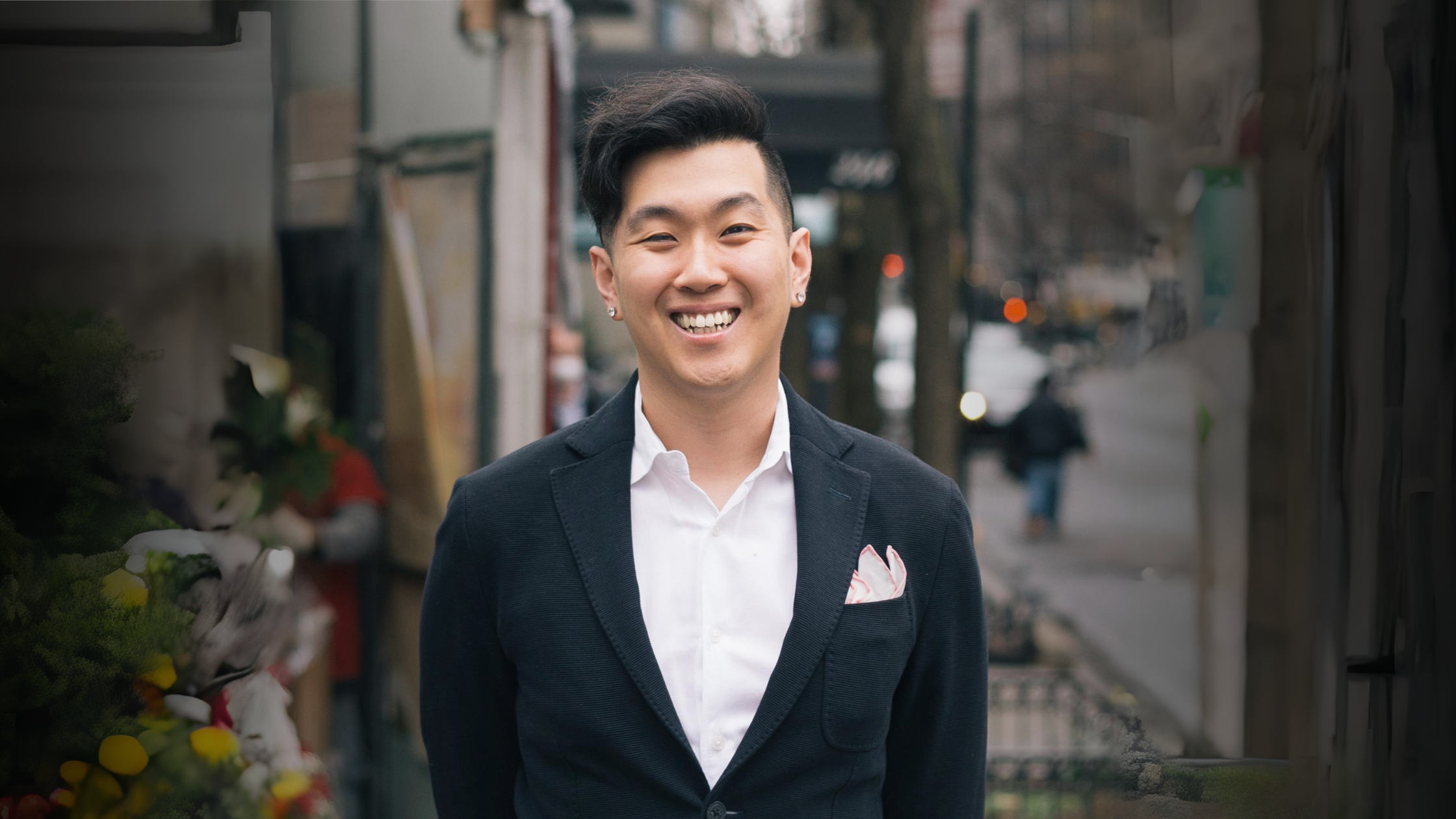
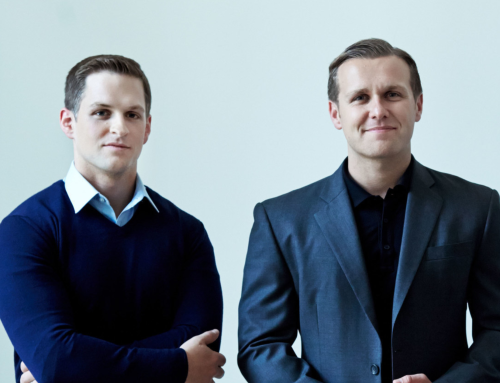
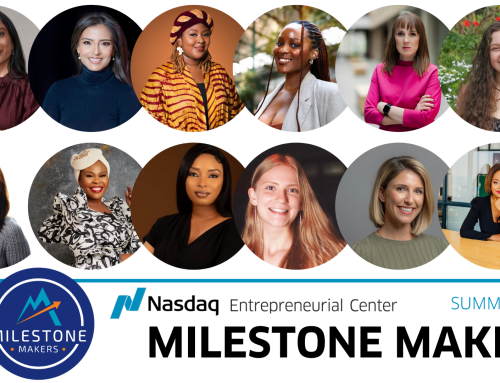
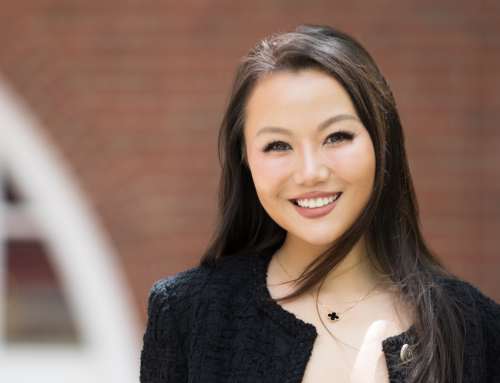
Invite a Friend
Close